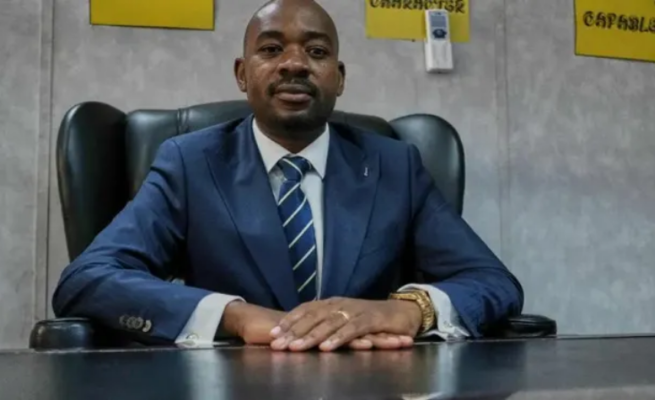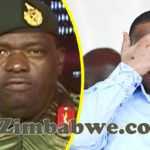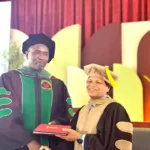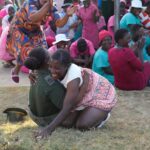In a heated workshop on elections and the media, the government announced that main opposition Citizens Coalition for Change (CCC) leader, Nelson Chamisa, would not receive equal coverage in public media outlets compared to his rival, President Emmerson Mnangagwa. The reason cited was Mnangagwa’s position as the Head of State.
CCC has long accused the state media, especially the Zimbabwe Broadcasting Corporation (ZBC), of neglecting its constitutional duty to provide fair and impartial coverage to all political parties. However, Information, Publicity, and Broadcasting Services deputy minister, Kindness Paradza, urged the opposition party to accept the reality of the situation and wait until they assume power to enjoy public media coverage.
Paradza stated, “We cannot equate President Mnangagwa and Mr Chamisa. He is the Head of State and government, and we should not expect ZBC to treat them equally.” He further suggested that if Chamisa were to become the next government, the opposition would witness the treatment firsthand.
“In the unlikely event that he (Chamisa) will become the next government, you will see what I am talking about. So can you just relax until you are in government and you will see what we are talking about?”
Information ministry director for media services, George Chisoko, supported Paradza’s statement, emphasizing that coverage would be provided when Mnangagwa was engaged in government affairs. However, he clarified that political matters related to Zanu PF would be treated differently.
The CCC party has repeatedly criticized ZBC’s bias in favour of Zanu PF, highlighting the disparity in live coverage between Mnangagwa’s campaign rallies and Chamisa’s events. Section 155 of the Constitution mandates equal access to electronic and print media for all political parties and candidates during elections.
Tempers flared during the workshop when Paradza accused the CCC of instigating hate speech, which allegedly led to the denial of airtime by public broadcasters. CCC’s deputy secretary for elections, Ellen Shiriyedenga, intervened, dismissing the claims and asserting that the party does not promote hate speech.
While the Constitution safeguards equal media access, the opposition continues to face challenges in receiving fair coverage. The ongoing battle for media impartiality raises concerns about the democratic process and the need for transparent and unbiased reporting during elections.

Follow @MyZimbabweNews












